Who’s the Boss?
Meet 5 women who are transforming their family-owned businesses with grit, goals—and their fathers’ blessing
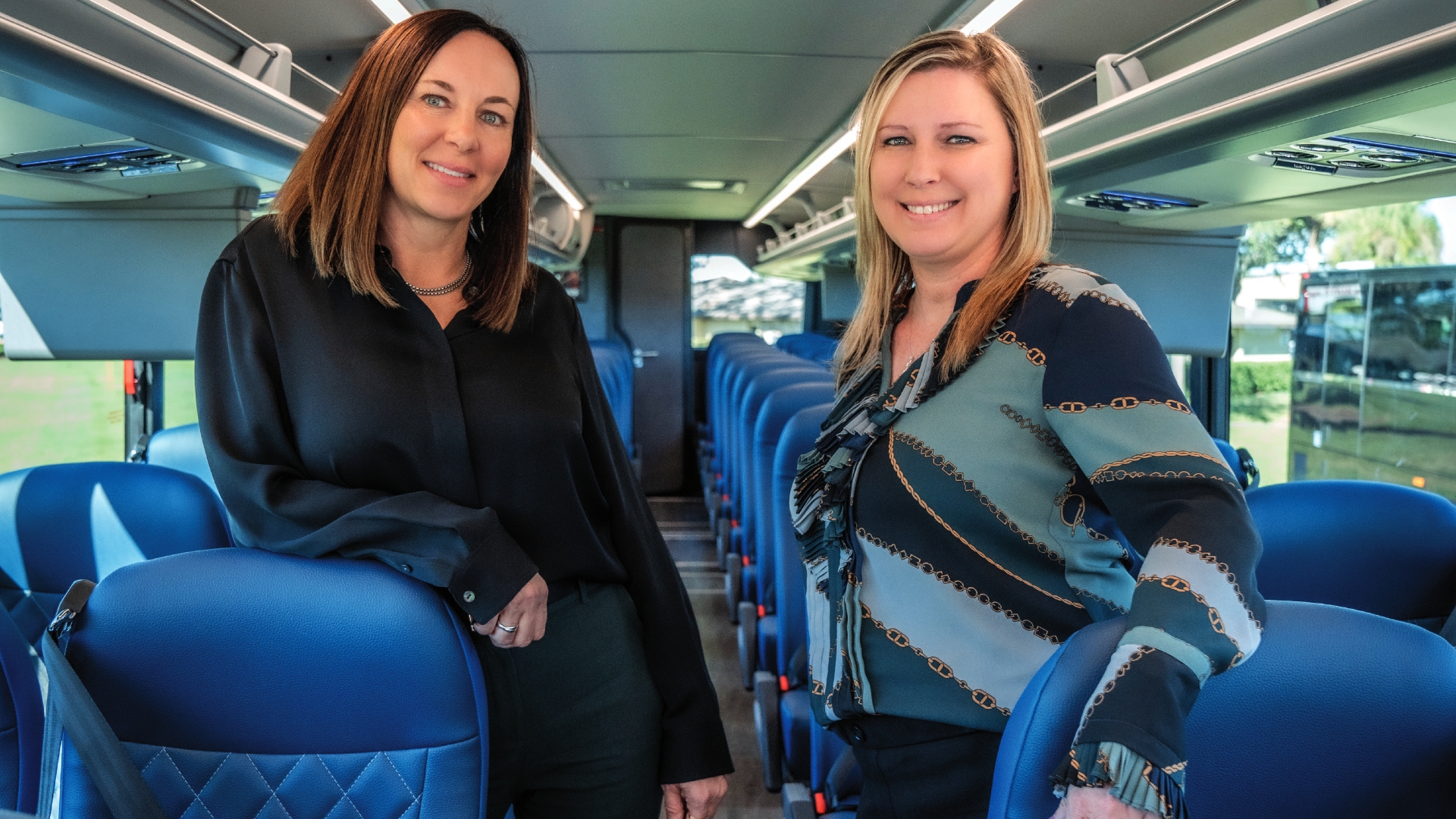
When Tracy Salinger’s fleet manager said they had a problem, she knew immediately it was going to be expensive. It was her first week of owning the company her dad founded, and she learned that someone had accidentally put diesel exhaust fluid in a diesel tank, and he thought he would be fired. Salinger bought a new engine that day, and no one was fired. Today, the team still laughs about it.
Daughters who rise to own and/or manage their father’s businesses have their parents’ steel backbones while they introduce new levels of empathy that drive the motorcoach industry forward, says Salinger.
“Hospitality and loving and nurturing our clients is what we do best,” says Salinger, owner of Unique Chauffeured Services (currently rebranding from Unique Limousine), in Harrisburg, Pa. “That is something you’re going to find more in a woman-led company. We have the grit, and we have the heart.”
The five daughters featured in this article who grew up in the motorcoach industry are seizing the opportunity to build adaptable, resilient teams that equip their family businesses for future growth.
“We’re all pretty strong personalities in this family,” says Ryhan Cornell, senior account manager of ABC Companies and granddaughter of the founder. “We blaze our trail.”
“It’s not sink or swim,” added her cousin, Vice President Strategic Accounts Ashley Cornell. “It’s definitely swimming aggressively.”
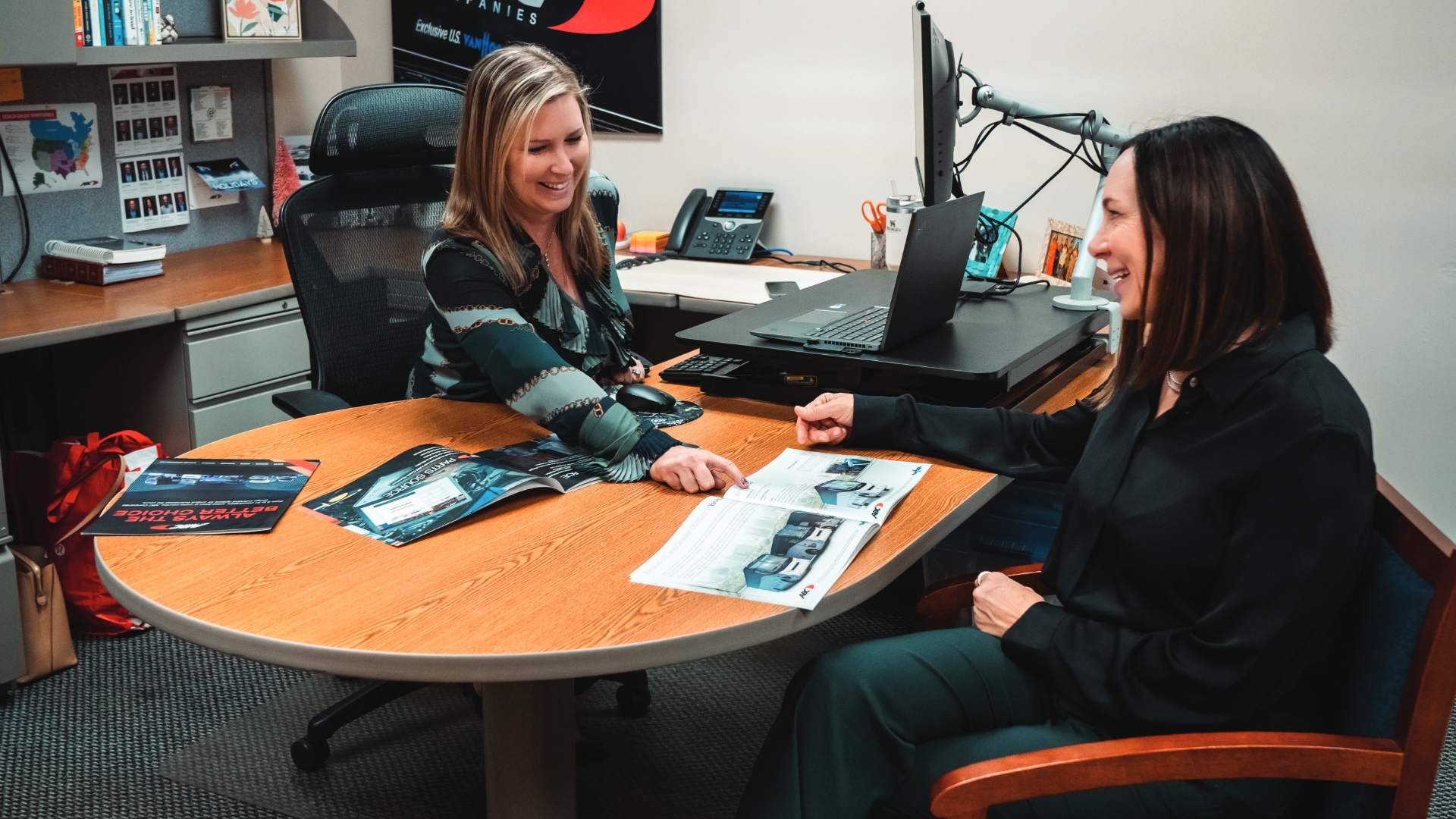
Women bring collaboration and new ideas and strategies to a rapidly changing field, says Ashley Cornell, vice president strategic accounts at ABC Companies, shown here with her cousin, Ryhan Cornell, senior account manager at the women’s family-owned business.
Getting Started
In every family business, each generation takes a different path to leadership.
Alison Klein Sherman is president of Klein Transportation in Douglassville, Pa., representing the fourth generation of management and ownership. Her great-grandfather founded a Chrysler-Plymouth dealership that evolved into a provider of school transportation and motorcoach services.
With the family business in her blood, Sherman studied travel and tourism, including motorcoach travel, in college. Four years with a different motorcoach company provided insights into how other companies operated. Returning to the family business, she was determined to earn her own way.
“I didn’t want to have anyone ever say this is something that was just given to me,” Sherman says.
Michelle Petelicki, president and partner of Panorama Tours in Wallington, N.J., was a college student no longer enamored with her five-year teaching program. In 2002, her father suggested that she work for him temporarily while she figured things out. He had left paper manufacturing to start Panorama Tours in 1995, realizing that every day driving a bus, which he did part-time for his brother, was much more fun.
At Panorama, Petelicki took sales calls, made bookings, talked to customers, and interacted with drivers. It made her “catch the bus bug.”
“I fell in love with this business, the industry, the people, how multi-faceted it is,” she says.
ABC Companies started in Minnesota, founded by Clarence “Clancy” Cornell as a small transport service. His sons, Ron and Dane, grew into the business as Clancy expanded it, starting in Florida. Today, ABC Companies provides a full spectrum of new and pre-owned coach equipment and transit specialty vehicles, including battery electric vehicles.
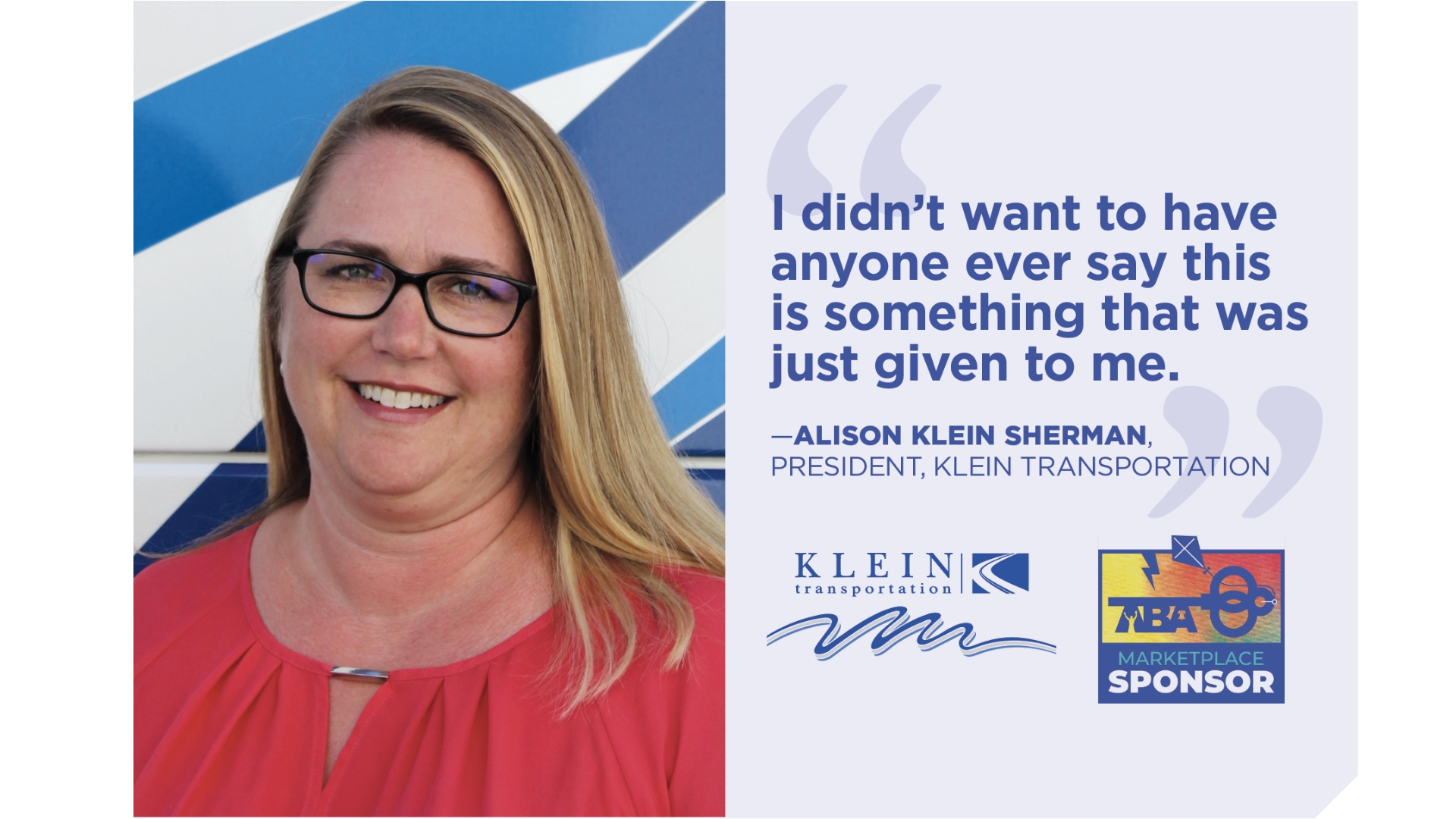
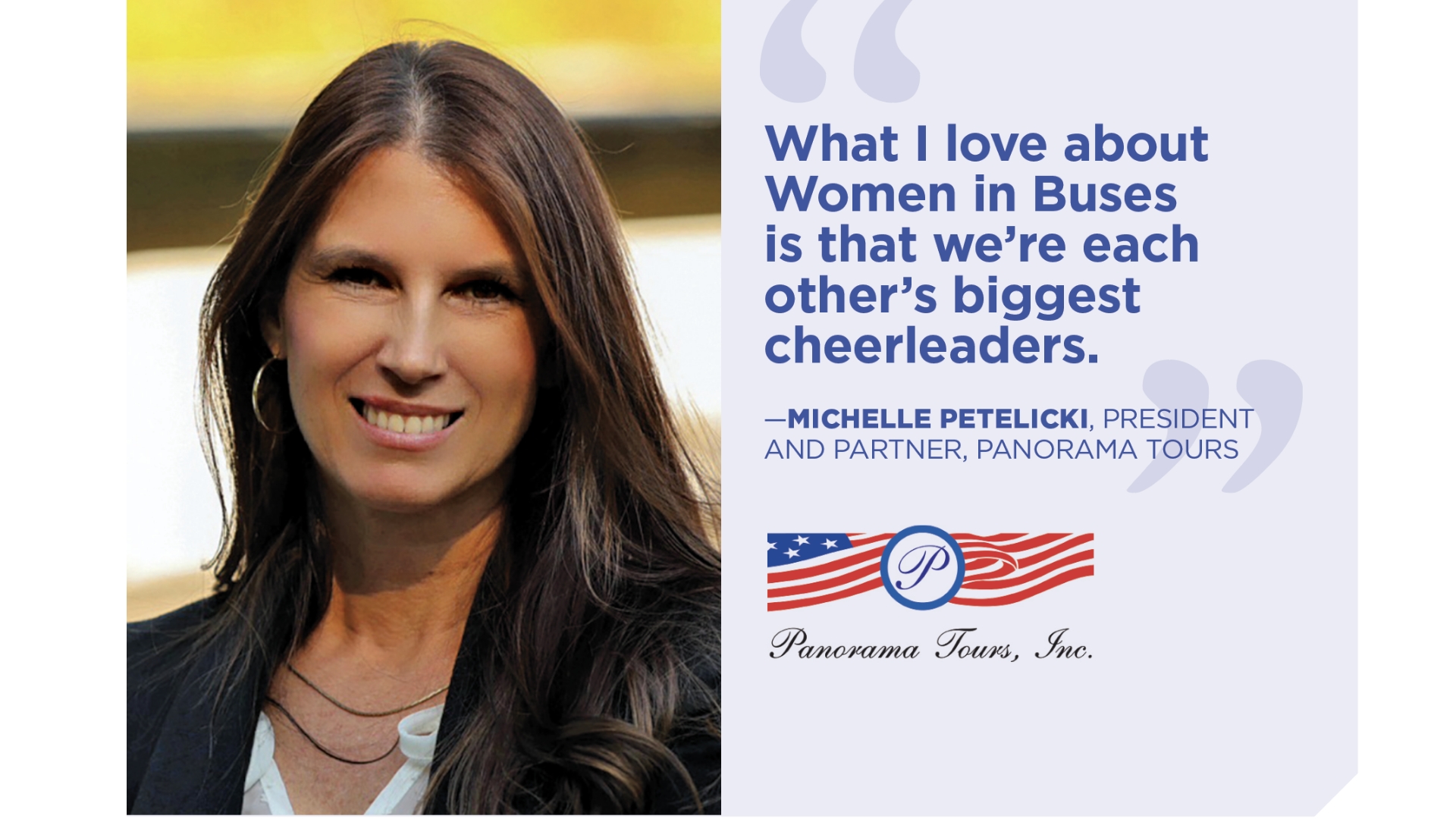
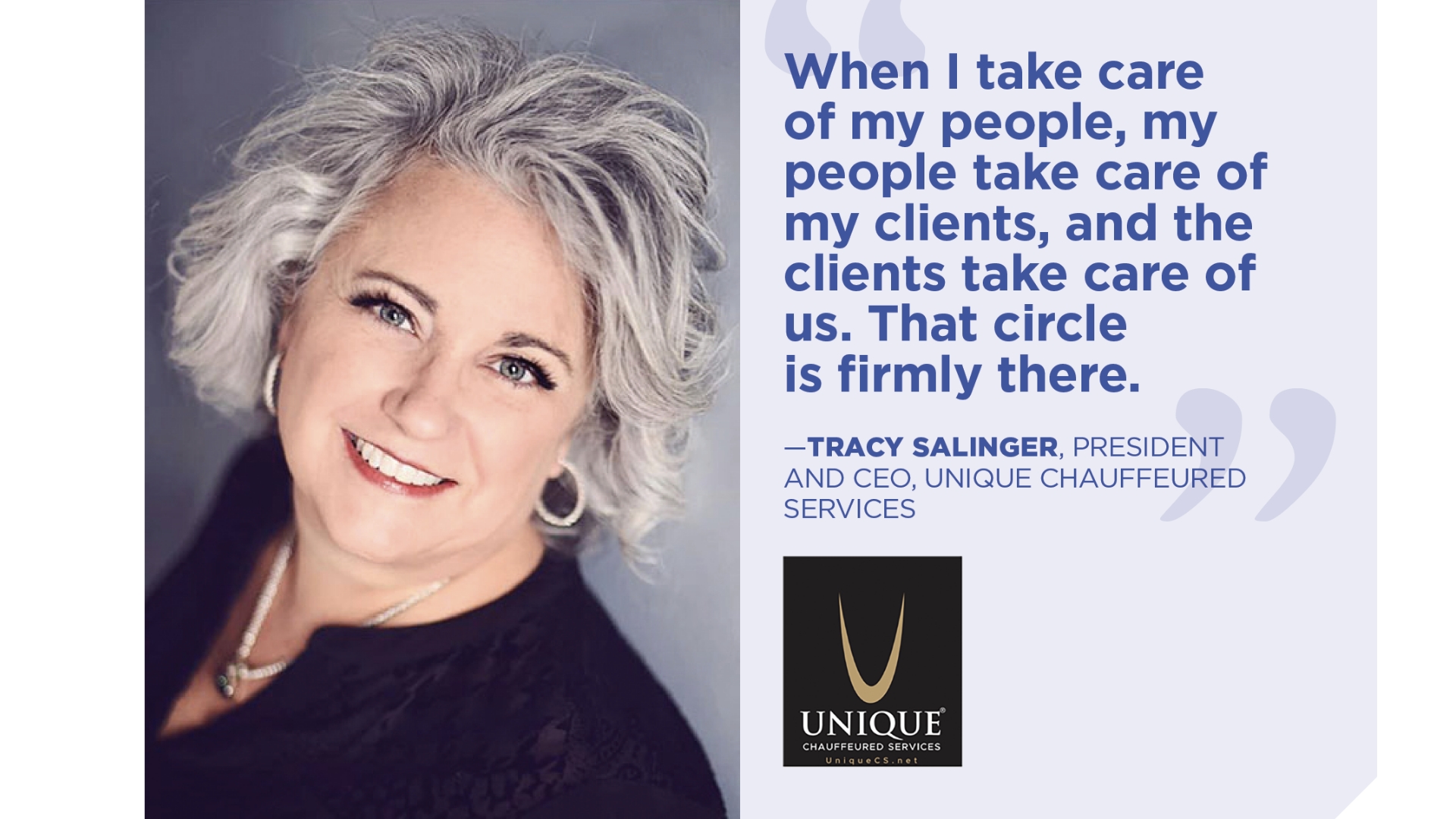
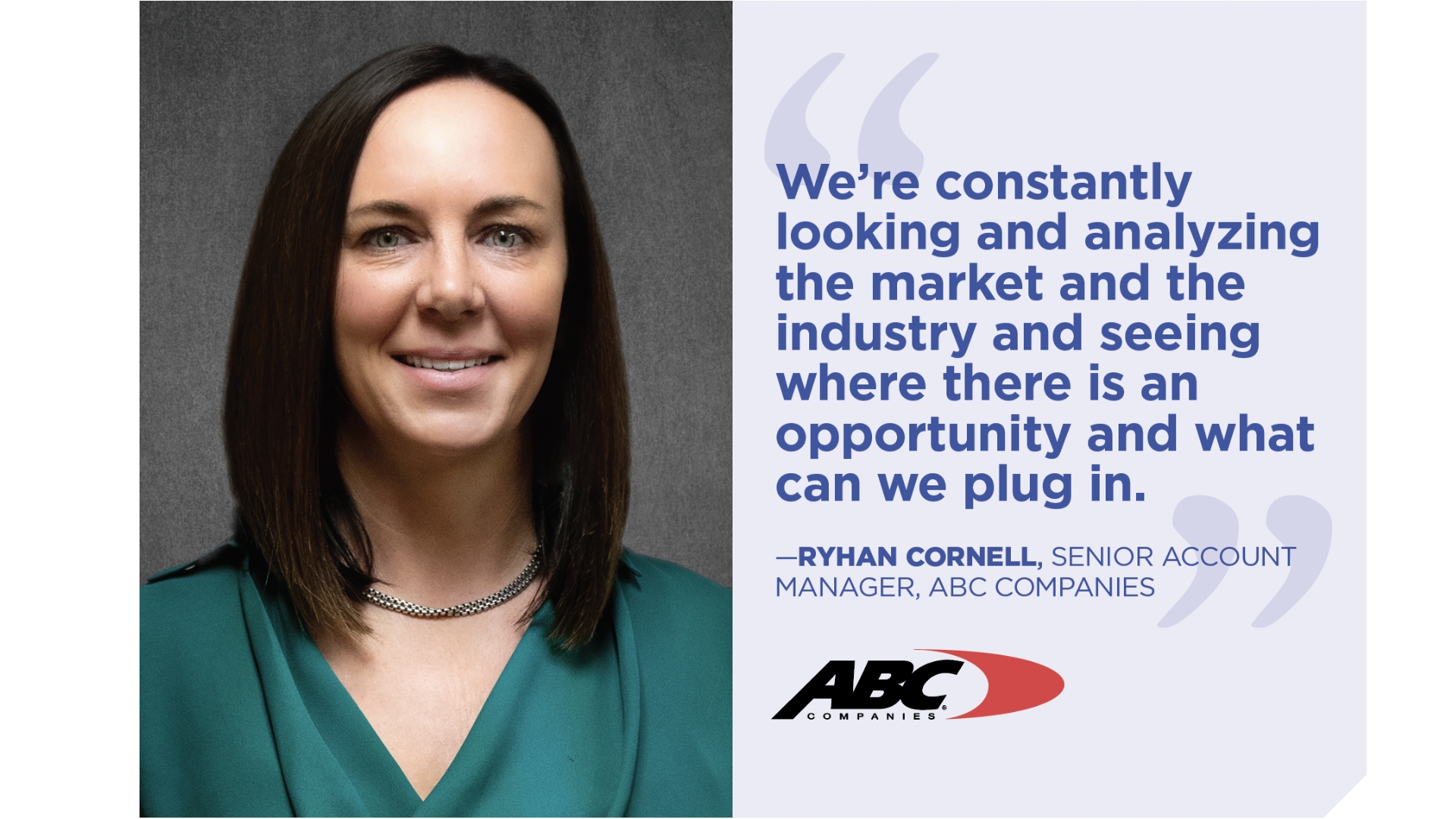
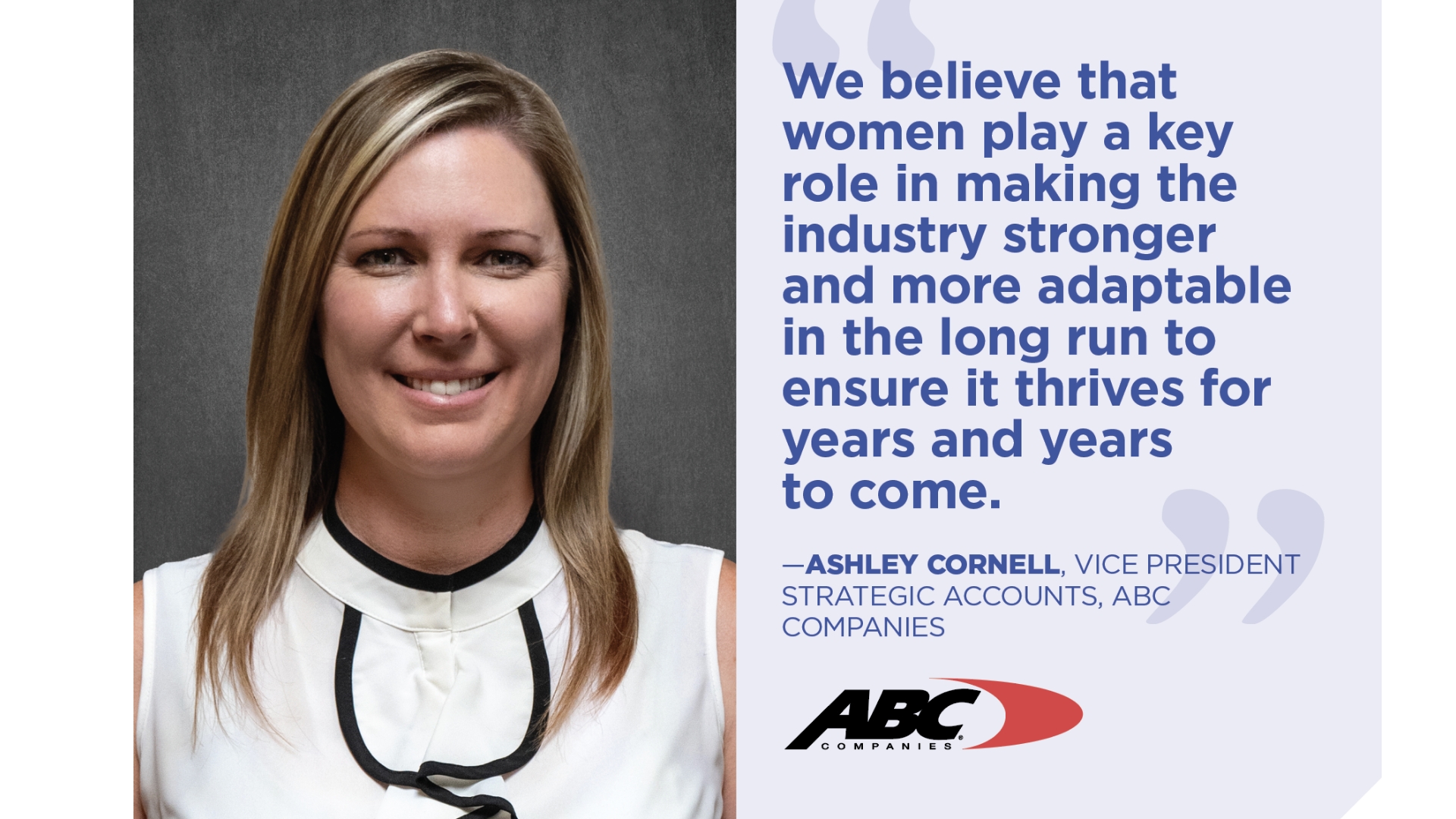
Like their dads, Dane’s daughter Ashley and Ron’s children, Ryhan and Roman, worked through all aspects of the business. (Today, Dane serves as board of directors executive chairman, and Roman is CEO.)
“Our family did not just say, ‘You have the correct last name. You’re now a manager,’” says Ashley. “You started from the bottom.”
For a time, Ryhan worked in the mortgage business, returning to Florida and rejoining the family business after Ron Cornell died in 2007.
“It made me realize that once you are part of the family, it’s different, both in fulfillment but also in how you shoulder the burden more,” she says. “You get a lot of positivity out of it, but also you work harder.”
The three cousins have separate roles, avoiding “each other’s sandboxes,” says Ashley. In a male-dominated industry, the two women of the group have earned respect, “so we don’t get people saying, ‘Your father would do it this way.’ We’ve been here more than 15 years showing that we do care and we do know, and if we don’t know, we ask questions.”
Tracy Salinger was in college when she realized that her basic business courses weren’t teaching her anything she hadn’t already learned working for her father. Her parents, Jim and Josie, founded Unique Limousine in 1982. At age 14, Salinger was thrown directly into the fire—no frying pan for her, she says—and was soon working in accounting, processing invoices, dispatching tow trucks, washing cars, and basic maintenance.
Salinger grew to love the industry. There were ups, downs, and hurt feelings as she sought ownership, but when she made the decision to buy, she felt as if “a weight was lifted off my shoulders.” Within 48 hours of settlement, Salinger felt like “this is my favorite pair of jeans, my favorite slippers, and my favorite cocktail all in one.”
“This is what I was born for,” she says.
She’s the Boss
Dads can be their daughters’ biggest fans—as well as the ones who send a clear message that their daughters are in charge.
Petelicki’s father, Joseph Zak, gradually spooled out her responsibilities so she could learn and build confidence. Though now technically retired, Zak continues to come into the office. Regardless of his physical presence, he always made the transition clear. When someone asked him a question, he would say, “You’ve got to talk to the boss.”
“I was the new generation with all these ideas,” Petelicki says. “It was through our conversations that Panorama got stronger and stronger, because we were able to incorporate what I wanted to do with the organization, moving it forward, with his experience, history, and knowledge. It was the best of both worlds.”
When Sherman became president of her father’s company, he insisted that she take his office, “for the employees to visually see that the transition was being made.”
Partial ownership gives Sherman’s father, Wayne Klein, a stake in major decisions, but he limits his daily input to guidance that helps her grow as a leader.
“There are times when I just don’t want to make another decision, and I’ll call him, but he rarely, very rarely, will give me the answer,” she says. “He directs me to making the decision.”
New-Generation Thinking
Today’s remote-work landscape and instant access to digital resources—such as ABA members available to help in case of mechanical issues with a bus on a tour—help make careers in the 24/7 motorcoach industry more attractive, Sherman believes.
The accessibility to take calls while watching the kids’ games or in a hotel room “helps a great deal with women becoming more involved in the industry, because it doesn’t have to be a choice between family or business,” she says.
For Petelicki, entering a male-dominated industry presented some challenges. She found that her “greatest vulnerability” was on the mechanical side of the business. Her father acted as a bridge, making sure that she understood what was going on and mentoring “to the tenth degree.”
“Yes, this industry is dominated by men, and yes, there were moments when I was overlooked, but I think the real men in this industry were nothing but helpful, were nothing but proud of my successes, were nothing but encouraging,” she says. “If I had a question, they were very happy to share.”
Women bring collaboration and new ideas and strategies to a rapidly changing field, says Ashley Cornell. “We believe that women play a key role in making the industry stronger and more adaptable in the long run to ensure it thrives for years and years to come.”
By coincidence, most of Salinger’s managers are women, “and that shows in our compassion and care,” she says. “My dad taught me the nuts and bolts of the business and making sure you take care of the clients. My mom taught me how to do that with love and kindness and care.”
Showing compassion “builds loyalty for clients,” Salinger added, recalling a customer who showed his gratitude for an above-and-beyond service by calling for another booking. “That’s one of the softer touches I feel women-led companies show by example.”
A Different Approach
Daughters in charge bring societal changes to the workplace, retaining the family feel and core values their parents instilled while actively supporting employees’ work-life balance—which helps retain top talent and improve output.
Past notions of rigid office hours are giving way to flexibility that allows employees to take care of their families.
“If we want to have a family feel and we want our employees to treat each other the way they would treat their family, then we have to treat them the way that we would treat our family and respect that they need that time, as well,” Sherman says.
Women are “great managers of time and resources,” says Petelicki. They can also be “innately empathetic” as leaders, fostering empathy and teamwork in others. Finally, she says, they are adaptable—a must in an industry where any day can bring on a bus accident, a crucial sick call, or a customer making a surprise request.
Ryhan Cornell believes that women bring collaboration and multitasking to leadership. “This industry is built on relationships,” she says. “Being a woman, that’s one of our strong suits, to build connections with people. I go on sales calls, and there are times I don’t talk about motorcoaches. They know what I do. They know my end goal. I just go out and build these relationships.”
In the workplace, women bring compassion, empathy, and caring, says Salinger. “Without a doubt, we’ve got a business to run, but let’s do it in an environment where we can take care of one another,” she says. “When I take care of my people, my people take care of my clients, and the clients take care of us. That circle is firmly there.”
Are you an aspiring woman—or man—in the motorcoach and group travel industry? Discover how you can be “A Force to Be Reckoned With” when you heed the advice of the five female leaders featured in our “Who’s the Boss?” cover story.
Jumping the Hurdles
Overcoming challenges in staffing, regulatory compliance, and rising costs often comes down to high-powered teams, say the industry’s daughters. Sherman commits to the constant development and growth of her employees, assuring that they pursue the latest training available in driving, regulatory updates, and safety.
Panorama’s strong reputation as a great place to work, coupled with its commitment to steady employment, has helped mitigate the challenge of staffing shortages by attracting and retaining good people, says Petelicki.
In today’s business climate, Petelicki worries about insurance premiums, unfair lawsuits, overreaching regulations, and a general lack of understanding of the bus transportation industry. To help mitigate these issues, she actively advocates for the industry’s interests while also controlling the controllables in her organization by revamping risk management strategies.
ABC Companies is embracing and balancing the challenge of technology, leveraging partnerships to lean into electric and hydrogen-powered vehicles and alternative fuels, even as they continue to serve the clients who rely on traditional vehicles. The COVID years also spotlighted the need for flexibility and diversification, inspiring ABC to partner with new manufacturers to supply smaller vehicles and other products and services.
“We’re constantly looking and analyzing the market and the industry and seeing where there is an opportunity and what can we plug in,” says Ryhan Cornell.
The Power of Networking
The women who have stepped into their fathers’ shoes say that networking through ABA’s Women in Buses Council, plus other state and national associations, such as the Greater Northeast Motorcoach Association, is essential to success. Women in Buses, for example, offers mentorship and a judgment-free zone.
“What I love about Women in Buses is that we’re each other’s biggest cheerleaders,” says Petelicki. “We understand best that women in leadership roles within the motorcoach industry, and frankly in any industry, often navigate the unique challenge of balancing multiple roles— being a wife, mother, boss, and daughter—especially if they are the next generation taking over.”
Female leadership and the daughters stepping into their fathers’ shoes are propelling the industry “onward, upward, and forward,” says Salinger.
“My parents are proud of me,” she says. “I know they’re proud of what I’m doing with the business and the legacy I’m continuing as I go into the future. I’ll never forget those family roots.”
ABA Councils Offer Support, Networking
To learn more about ABA’s Women in Buses Council, which recognizes and advances women’s role in the motorcoach industry through networking, education, and mentoring programs, visit buses.org/about/special-interest-councils/women-in-buses-council.
Perhaps you are a member of the upcoming generation of leaders in the motorcoach industry who wants to ensure the industry’s long-term sustainability? Consider joining the Next Era Leadership Council as well.
Based in Harrisburg, Pa., Diane McCormick is an award-winning freelance journalist and author of Well-Behaved Taverns Seldom Make History.
